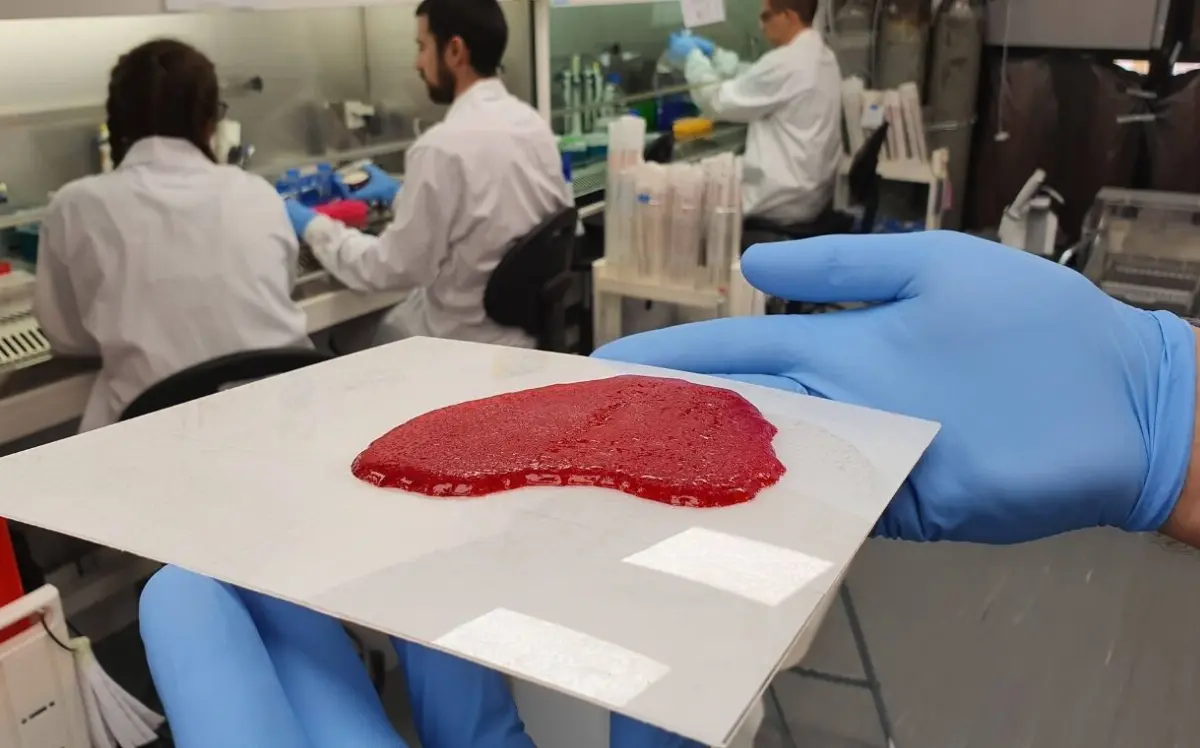
Do you want to access to this and other private contents?
Log in if you are a subscriber or click here to request service
France bans the term steak for vegetable meat
Prohibitions also for the use of terms such as "sausage" and "bacon"

Once upon a time France joined Italy as it had not been since the victories at the Coppi and Bartali Tour. The Macron government, in fact, has decided to ban the terms "steak", "sausage" and "bacon" if it is vegetable meat. To impose it is a new decree published yesterday by the government, according to which in the transalpine country the denominations "meat" will be used only for meat products, in...
fc - 38694
EFA News - European Food Agency
EFA News - European Food Agency